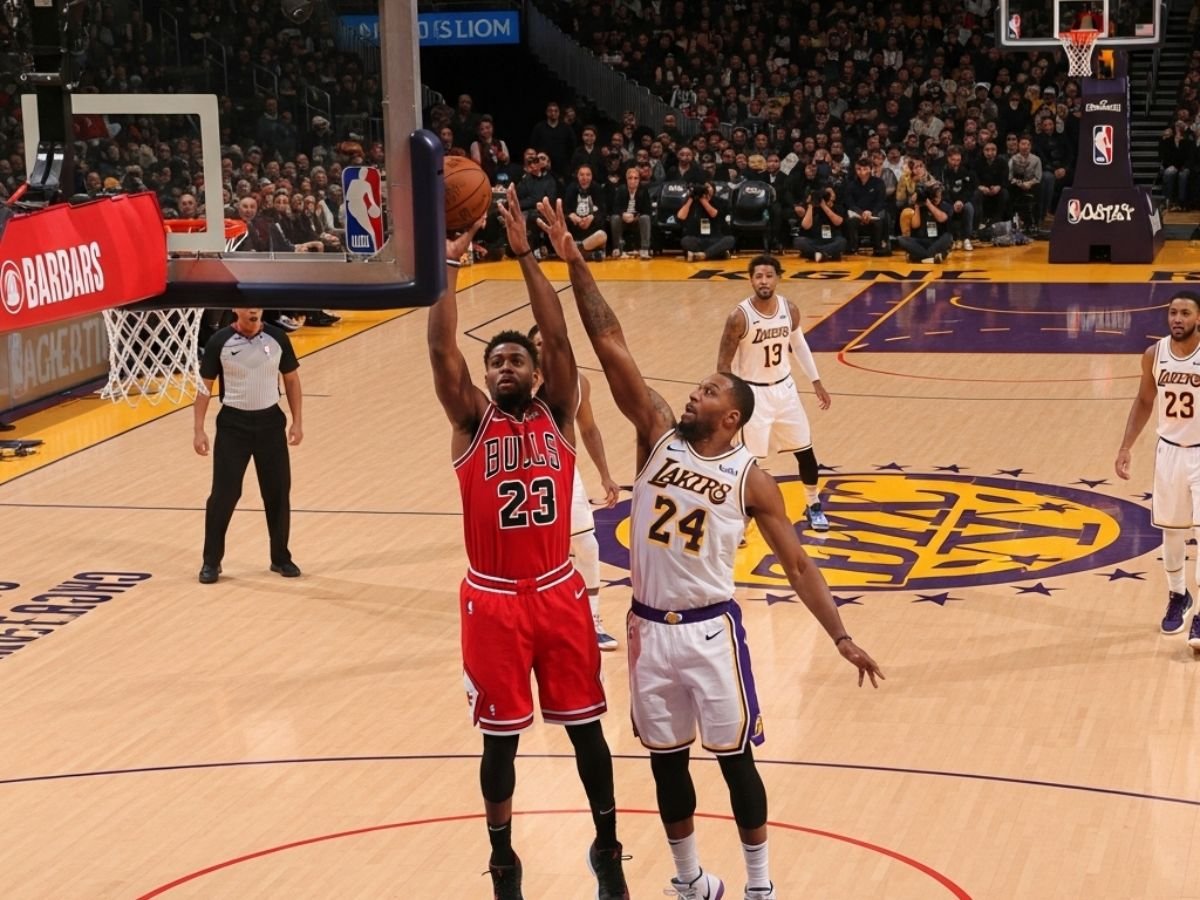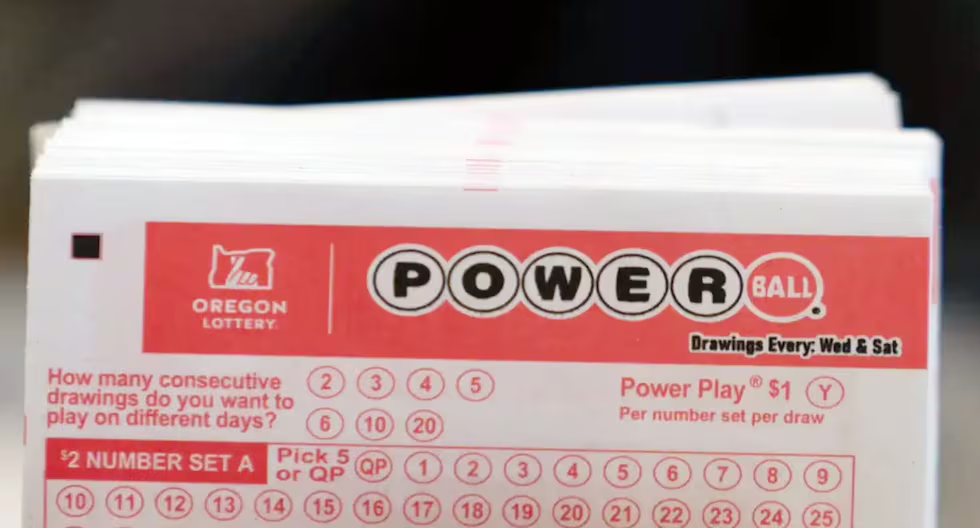The National Basketball Association has gone through a dramatic transformation in the last decade. The old days of bruising low-post play, mid-range jumpers, and slower possessions have given way to a new philosophy built on 3-point shooting and pace-and-space offense. Teams like the Golden State Warriors and Houston Rockets pioneered this revolution, and now nearly every franchise follows some version of the same formula: spread the floor, push the pace, and live or die by the three.
For bettors, this shift is more than just a style change—it’s a game-changer. Betting lines, totals, and props are all influenced by the way modern NBA teams approach offense and defense. Understanding how the 3-point era impacts pace, scoring efficiency, and volatility is critical for bettors looking to make smarter wagers in today’s NBA.
Also Read: NBA All-Star Game betting: Is there value in exhibition games?
This guide breaks down how the pace-and-space era has changed betting markets and how you can adapt your strategies to stay ahead.
How the 3-point era changed NBA scoring
- Higher totals: With more possessions per game and teams attempting 35–40 threes a night, scoring has risen sharply. Totals that once sat around 195–205 points are now commonly listed above 220–230.
- Increased variance: The reliance on 3-pointers creates bigger swings. A hot shooting night can lead to blowouts, while a cold stretch can sink even the best offenses. This makes spreads more unpredictable.
- New efficiency metrics: Stats like Effective Field Goal Percentage (eFG%) now matter more than traditional field-goal percentage since they weigh the value of 3-pointers properly.
Betting impacts of pace and space
1. Totals (Over/Under betting)
- Games with two fast-paced, 3-heavy teams often see inflated totals.
- Unders may hold value when teams face strong perimeter defenses or play on back-to-backs, when tired legs reduce shooting accuracy.
2. Point spreads
- 3-point volatility makes double-digit spreads tricky. An underdog that shoots well from deep can erase deficits quickly.
- Conversely, favorites can blow games open if their shooters get hot early.
3. Live betting
- Momentum swings are faster in the 3-point era. A 15-point lead can disappear in minutes, creating live-betting opportunities.
- Bettors who track in-game shooting percentages can spot whether a team is running hot or due for regression.
4. Prop bets
- Player props are directly impacted. Three-point specialists have higher scoring potential, while big men without range may see limited opportunities.
- Props like “made threes” and “points over/under” require analyzing not just averages but matchups against perimeter defenses.
How bettors can adapt
- Look at pace stats – Teams like the Sacramento Kings or Indiana Pacers push the ball, creating more possessions and higher totals.
- Check opponent 3-point defense – Teams that defend the arc poorly often give up more points than expected.
- Factor in fatigue – Second nights of back-to-backs or long road trips often hurt shooting accuracy.
- Don’t rely solely on historical averages – Trends from the pre-3-point revolution don’t apply to today’s NBA.
- Leverage advanced metrics – eFG%, pace, and offensive rating provide more betting value than raw box-score stats.
Also read: How to bet on NBA load management games, when stars sit out
FAQs
Q1: Why has NBA scoring increased so much in recent years?
Because teams attempt more 3-pointers, play faster, and space the floor to create efficient shots. This combination produces higher point totals.
Q2: How should I approach betting on NBA totals in the 3-point era?
Look beyond averages. Factor in pace, opponent 3-point defense, and schedule fatigue. Games between two up-tempo, 3-heavy teams often trend over, but inflated lines may create under value.
Q3: Are big spreads riskier in today’s NBA?
Yes. The volatility of 3-point shooting means underdogs can erase leads quickly. Spreads that look safe can swing dramatically.
Q4: Do player props benefit from the 3-point revolution?
Absolutely. Scorers who specialize in threes often outperform their averages when matched against weak perimeter defenses. Prop bets on “made threes” are now a popular market.
Q5: Can live betting be more profitable in the 3-point era?
Yes. Because of rapid scoring swings, live bettors who react to hot or cold shooting trends can find strong value compared to pre-game lines.








